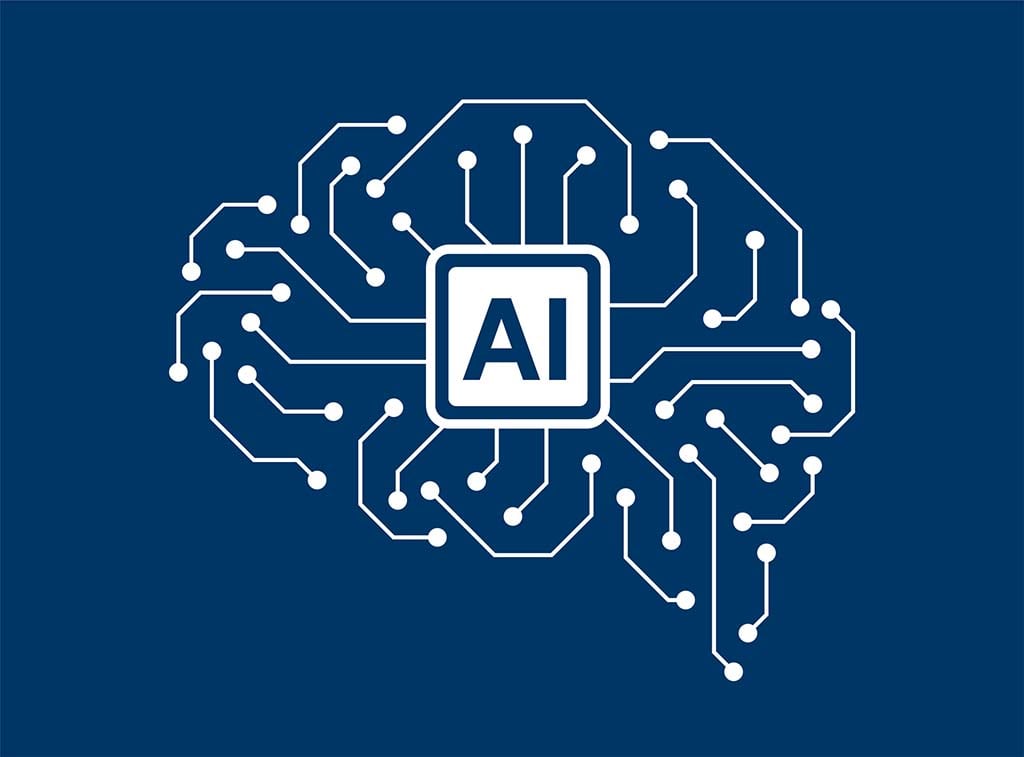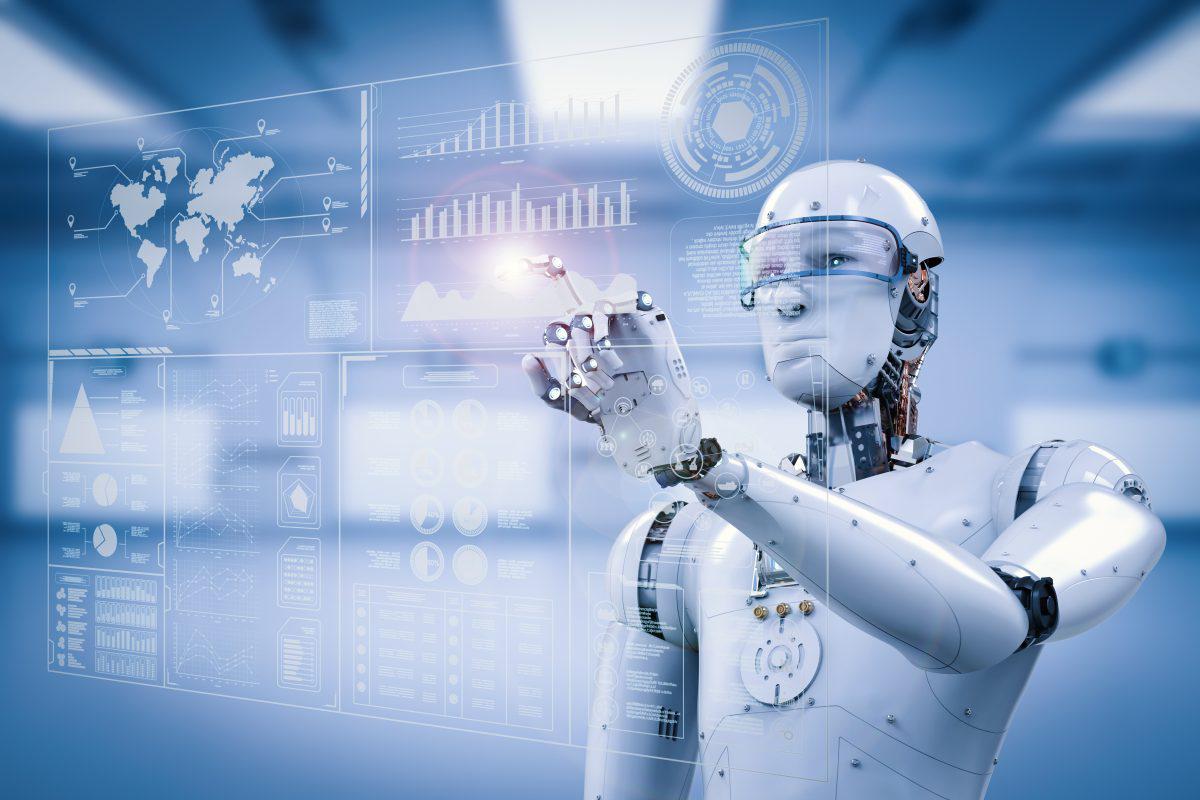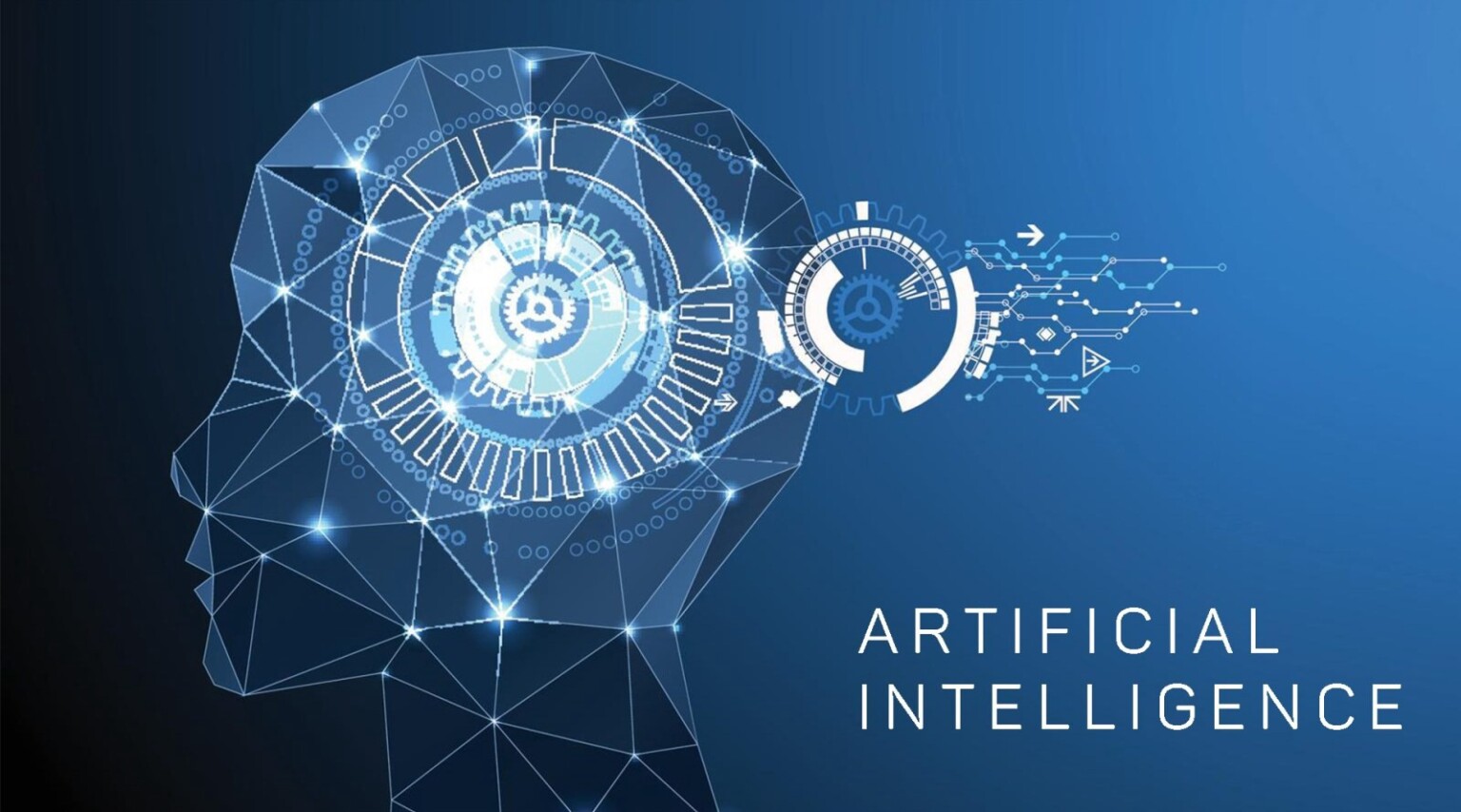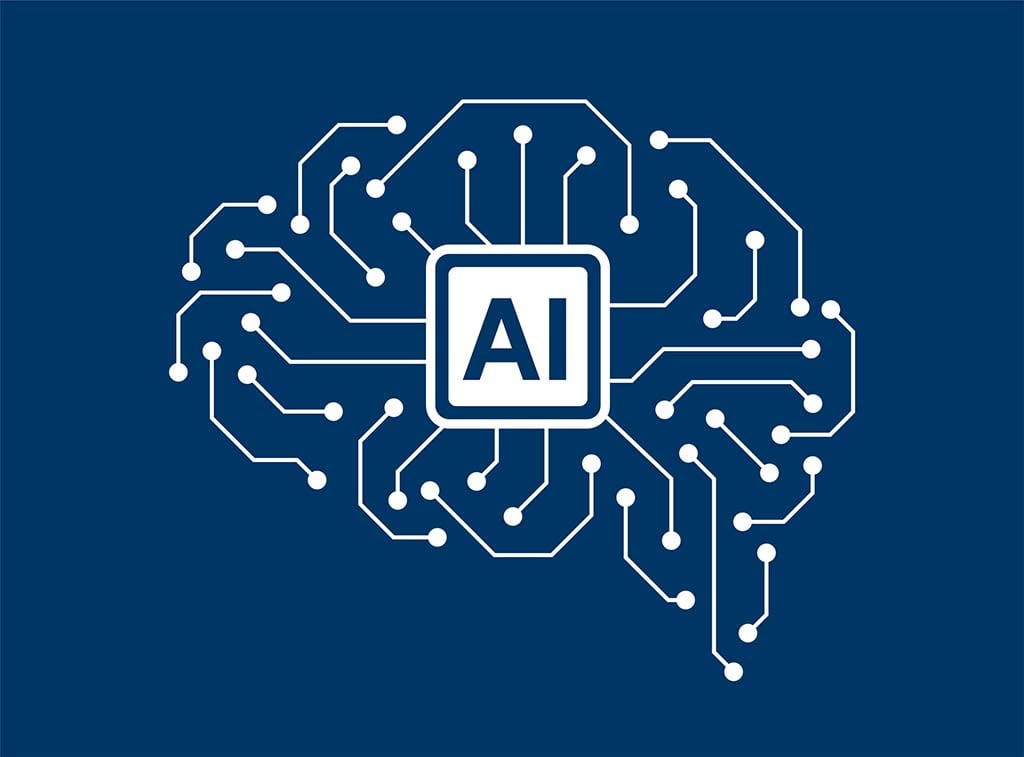Artificial Intelligence (AI)
Artificial Intelligence (AI) is no longer just a concept from science fiction movies. AI these days has become a vital part of our lives, with its advancements affecting almost every aspect of modern society. From businesses to healthcare, AI has revolutionized the way we live and work. In this article, we will explore the recent advancements in AI technology and its impact on various industries.
Advancements of AI These Days:
- Machine Learning:
Machine Learning is a subset of AI that enables computer systems to learn and improve from experience without being explicitly programmed. It has been widely used in various fields, such as image and speech recognition, natural language processing, and predictive analytics.
- Deep Learning:
Deep Learning is a subset of Machine Learning that uses Artificial Neural Networks to learn and make decisions. It has been a breakthrough in image and speech recognition, natural language processing, and autonomous driving technology.
- Natural Language Processing:
Natural Language Processing (NLP) is an AI technique that enables machines to understand, interpret, and generate human language. It has been used in various applications, such as chatbots, voice assistants, and language translation.
- Robotics:
AI has enabled the development of advanced robotics technology, which has been used in various industries, such as manufacturing, healthcare, and transportation. Robotics has allowed for more precise and efficient processes, reducing the risk of errors and increasing productivity.
Impacts of AI These Days:
- Automation:
AI has led to the automation of various processes, reducing the need for human intervention in repetitive and time-consuming tasks. It has also enabled the development of autonomous vehicles, reducing the risk of accidents caused by human error.
- Personalization:
AI has enabled businesses to personalize their services, improving customer experience and increasing customer satisfaction. It has also allowed for targeted advertising and personalized recommendations, increasing the efficiency of marketing campaigns.
- Healthcare:
AI has been widely used in healthcare, improving patient outcomes and reducing healthcare costs. It has been used in medical diagnosis, drug development, and personalized treatment plans.
FAQs:
Q: Will AI replace human jobs? A: AI will not replace all human jobs, but it will lead to the automation of repetitive and time-consuming tasks, leading to the creation of new jobs that require specialized skills.
Q: Is AI biased? A: AI can be biased, as it is based on the data it is trained on. It is essential to ensure that the data used to train AI systems is diverse and unbiased.
Conclusion:
AI these days has become an integral part of modern society, with its advancements and impacts being felt in various fields. The development of AI technology has led to the automation of various processes, improving efficiency and productivity. However, it is essential to ensure that AI is developed and used responsibly, taking into account ethical considerations and potential biases. As AI technology continues to evolve, it is crucial to remain vigilant and continue to explore its potential benefits and risks.
Visits: 87




